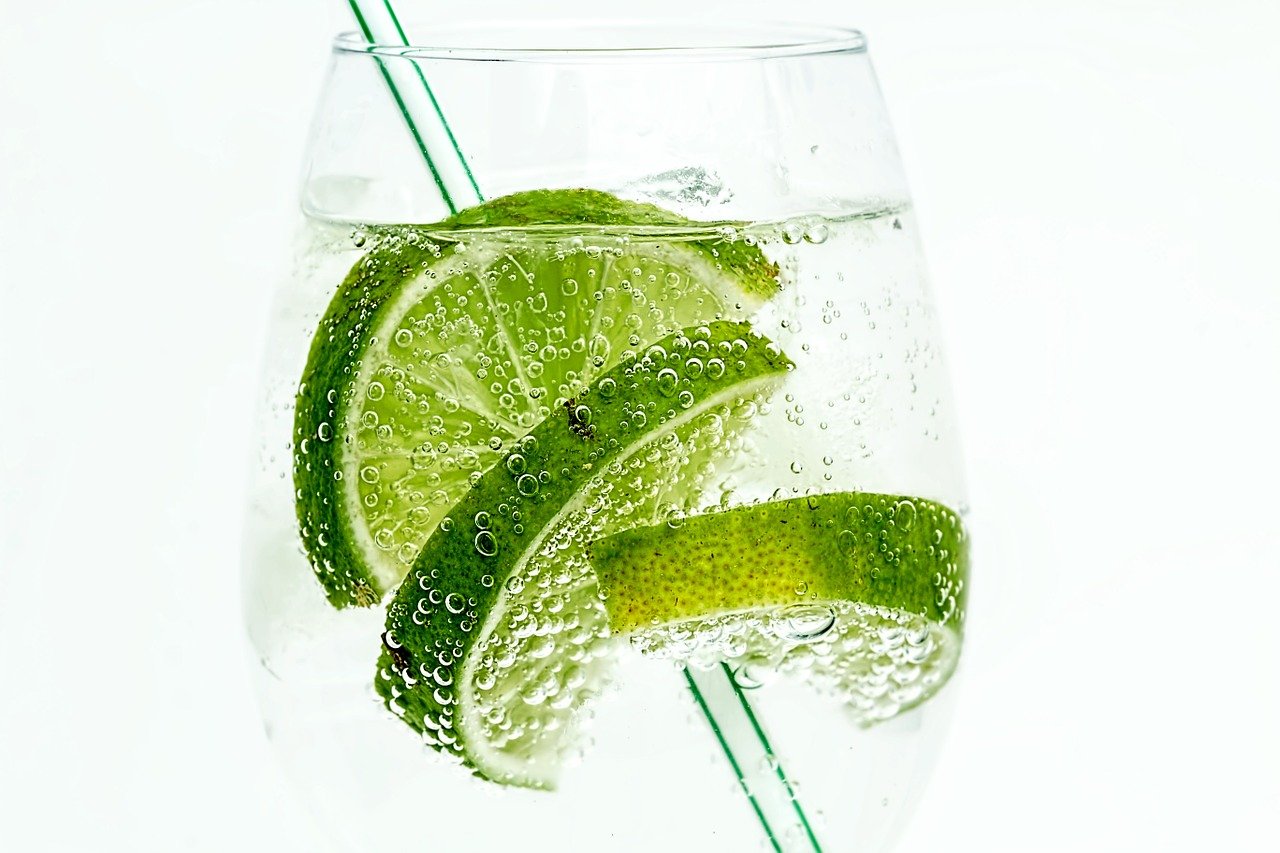Founded in 2014, Nava Health is dedicated to helping individuals achieve optimal wellness through personalized, integrative care. Inflammation plays a key role in overall health, affecting energy levels, digestion, and even chronic disease risk. Understanding which foods contribute to inflammation, and which can help reduce it, is essential to maintaining balance in your body. Explore how dietary choices impact inflammation and discover ways to support your well-being naturally.
A cupcake or a lemon—which food do you think is more acidic? The answer may surprise you.
Certain foods create an acidic environment in your body. When we talk about food and how “acidic” it is, we’re not talking about the taste. For example, lemons may taste acidic, but they don’t create an acidic state in your body when you eat them. So, when we talk about acidic foods, we refer to the changes in the body’s acidity levels once that food is ingested.
This means that while a cupcake may not taste acidic or sour like a lemon, it does create an acid condition within the body—it’s an “acid-forming” food. And when there are a lot of acid-forming foods in your diet, you can experience many different forms of chronic inflammation. This may include arthritis, acne, fatigue, bloated feeling, weight gain, and more.
How Do Acidic Foods Cause Inflammation in the Body?
Over time, highly acidic diets mean that the body has to work harder to neutralize its acidic state. Through your bloodstream, your kidneys, lungs, and other organs work hard to keep your PH balanced and keep your acid levels under control. When we ingest a high amount of “acid-forming” foods, our bodies work to neutralize it with a system called “buffering.”
One of the ways your body neutralizes or “buffers” these acidic foods is by taking calcium and magnesium from your teeth, bones, or muscles—calcium and magnesium that your body already needs for other reasons. Could an overly acidic diet put an undue burden on a body’s natural calcium sources?
What is a Food pH Value?
Every food has a pH value—a special scale created to measure how acidic or alkaline a fluid or substance is. It ranges from 0 (most acidic) to 14 (most alkaline), with seven being neutral. The more alkaline a food is, the more detoxing it is. Alkaline foods feed and regenerate the body instead of depleting it. In addition, they are packed with live nutrients that help detoxify the body.
At NAVA, we believe that it is critical to minimize acid-forming foods like dairy, sugar, gluten, and red meats. We emphasize the foods that are alkalizing are mostly fruits and vegetables.
Which Alkaline Foods Should You Be Eating More Of?
Most fruits and vegetables, tofu, soybeans, seeds, some nuts, and legumes are alkaline-promoting foods. Here’s a list of alkaline foods you should be eating more of:
- Fruits
- Vegetables
- Greens
- Avocado
- Beans
- Raw nuts
- Seaweed
- Vegetable juices
- Sprouts
- Miso
- Apple Cider Vinegar
Which Acidic Foods Can Cause Inflammation?
In general, to avoid an acidic state within your body, avoid foods that contain sugar, artificial sweeteners, gluten, refined grains, or dairy products. Here is a list of common but highly acidic foods that can cause inflammation and should be ruled out of your diet!
Fried Foods
As delicious as fried foods are, they are a recipe for disaster regarding your health. Fried foods with fatty acids are the leading cause of many medical issues in the United States. They are linked to obesity, heart disease, and acid reflux. The worst culprits are French fries and fried chicken. The fried foods you should avoid are:
- French Fries
- Fried Chicken
- French Toast
Breakfast Foods
Some traditional breakfasts are on the list of acidic foods that can cause inflammation. Try to avoid breakfast favorites:
- Pancakes
- Oatmeal
- Boxed Cereals
Snacks
We all love a snack. I mean, who doesn’t? But, not all snacks are healthy. For instance, snacks containing sugar, such as candy and cookies, can negatively impact your health. These added sugars are harmful and can increase inflammation, which can lead to disease.
It’s best to avoid or reduce your intake of the following snacks:
- Potato Chips
- Yogurt-Covered Nuts and Fruits
- Roasted Nuts
- Pop-Tarts
- Most Protein Bars
- Corn Chips
- Crackers
- Cookies
- Candy
Other Foods
Along with other foods like pizza and cheese, red meat contains saturated fats, which can cause inflammation. Inflammation is an indicator of heart disease and worsens arthritis inflammation. To reduce the risk of getting inflammation from acidic foods, reduce or remove the following foods from your diet:
- Red Meat
- Pizza
- White Potatoes
- White Bread
- Heated Oils
- Margarine
Drinks
If you drink soda regularly or more than once a day, you may significantly increase your risk of developing inflammation. Coffee, fruit juices, and beer also have a negative impact on the body if consumed in excess. Avoid the following drinks to reduce that risk:
- Bottled Fruit Juices
- Coffee
- Most Sports Drinks
- Beer
- Soda
- Diet Soda
To summarize, dairy, meat, most grains, and processed foods, like packaged snacks and convenience foods, are acidic and are not recommended. If you avoid the list of foods above and focus on a healthy lifestyle, you will be on your way to living a more vibrant, better life.
Take Back Control of Your Health and Diet
A healthy diet full of whole foods is essential to stopping or reducing inflammation and having a healthy body. It is also a natural way to boost your immune system.
At Nava, we offer a medical weight loss program – NavaRX which will help you reach your goal weight under close medical supervision. And once you’ve reached your goals, our support doesn’t stop there. Our Nava Nutrition Plan gives you a supportive, realistic plan to nourish your body for the rest of your life.
Nava Health Can Help!
Are you interested in learning more about our unique NavaRX program or Nutrition Plan? This could be the first step to a real, healthy diet and lifestyle. Start with a no-obligation phone consult today by contacting us at 800-672-6282. Your journey to health starts here!
More Questions for Managing Inflammation Naturally
Can spices help reduce inflammation?
Many spices contain compounds that help lower inflammation. Turmeric, for instance, has curcumin, which has been studied for its potential anti-inflammatory effects. Similarly, ginger may assist in easing muscle soreness and joint discomfort.
Spices like cinnamon, cayenne pepper, and cloves can support immune function and promote overall wellness. Adding these spices to your diet can help balance the effects of acidity in certain foods and contribute to better oral health by reducing harmful bacteria in the mouth.
How does hydration affect inflammation?
Staying hydrated is key to managing inflammation, as water helps remove waste and toxins that may contribute to swelling and discomfort. Inadequate hydration can cause imbalances in stomach acid, which may lead to digestive issues such as acid reflux.
Drinking enough water, herbal teas, or electrolyte-rich beverages like coconut water can keep your body functioning properly. Consuming hydrating foods, such as cucumbers and berries, can also aid in reducing inflammatory responses and keeping your digestive system in check.
Are all fats bad for inflammation?
Not all fats are equal when it comes to inflammation. Processed trans fats, often found in fried and packaged foods, can trigger inflammatory responses in the body. However, sources of healthy fats, such as nuts, seeds, and fatty fish, can actually help combat inflammation.
Avocados, extra virgin olive oil, and walnuts are rich in beneficial compounds that may reduce the effects of dietary acid load, promoting a more balanced internal environment. Practicing an alkaline diet, including foods like leafy greens, can help reduce inflammation.
How does gut health impact inflammation?
The gut is central to overall health, and an imbalance in gut bacteria can contribute to chronic inflammation. Probiotics, found in foods like yogurt, kefir, and fermented vegetables, can help restore balance and improve digestion. Prebiotic foods like garlic, onions, and bananas also serve as fuel for beneficial bacteria.
Avoiding processed foods, which often contain artificial additives and preservatives, can further support gut health. A diet high in inflammatory compounds can also increase the risk of metabolic acidosis, which may disrupt normal bodily functions and contribute to long-term health concerns.
Can stress and sleep affect inflammation?
Chronic stress can lead to an overproduction of cortisol, a hormone that may increase inflammation over time. Poor sleep quality can also contribute to higher inflammation levels, making it harder for the body to recover. Practicing relaxation techniques like deep breathing, yoga, or mindful meditation can help regulate stress and promote healing.
Avoiding foods high in citric acid, which may contribute to acid buildup in the body, can also support better rest and overall well-being. Prioritizing restorative sleep and stress management is essential for reducing inflammation and maintaining long-term health.
Schedule An Appointment
Nava’s integrative approach focuses on preventing, restoring, and optimizing your health with The Nava Method, our proprietary method to achieving overall wellness. Schedule Your Consultation Today.


